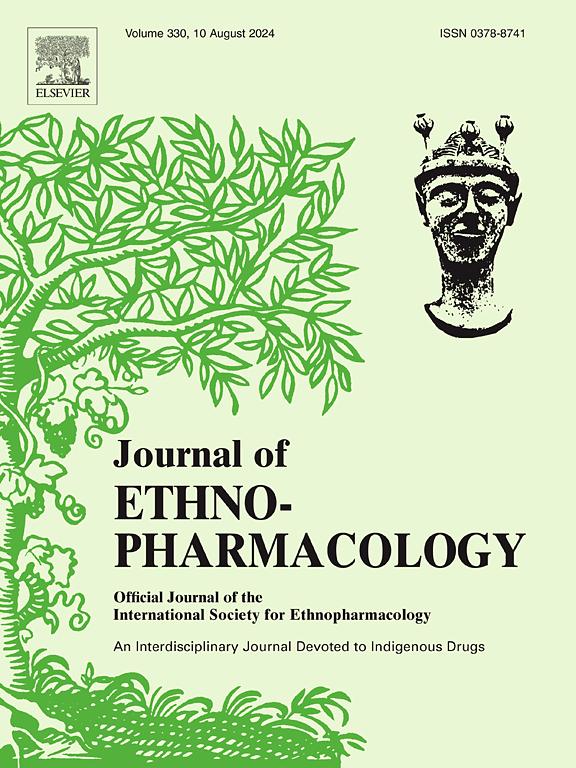Advances in autophagy modulation of natural products in cervical cancer
Abstract
Ethnopharmacological relevance
Natural products play a critical role in drug development and is emerging as a potential source of biologically active metabolites for therapeutic intervention, especially in cancer therapy. In recent years, there is increasing evidence that many natural products may modulate autophagy through various signaling pathways in cervical cancer. Understanding the mechanisms of these natural products helps to develop medications for cervical cancer treatments.
Aim of the study
In recent years, there is increasing evidence that many natural products may modulate autophagy through various signaling pathways in cervical cancer. In this review, we briefly introduce autophagy and systematically describe several classes of natural products implicated in autophagy modulation in cervical cancer, hoping to provide valuable information for the development of cervical cancer treatments based on autophagy.
Materials and methods
We searched for studies on natural products and autophagy in cervical cancer on the online database and summarized the relationship between natural products and autophagy modulation in cervical cancer.
Results
Autophagy is a lysosome-mediated catabolic process in eukaryotic cells that plays an important role in a variety of physiological and pathological processes, including cervical cancer. Abnormal expression of cellular autophagy and autophagy-related proteins has been implicated in cervical carcinogenesis, and human papillomavirus infection can affect autophagic activity. Flavonoids, alkaloids, polyphenols, terpenoids, quinones, and other compounds are important sources of natural products that act as anticancer agents. In cervical cancer, natural products exert the anticancer function mainly through the induction of protective autophagy.
Conclusions
The regulation of cervical cancer autophagy by natural products has significant advantages in inducing apoptosis, inhibiting proliferation, and reducing drug resistance in cervical cancer.





